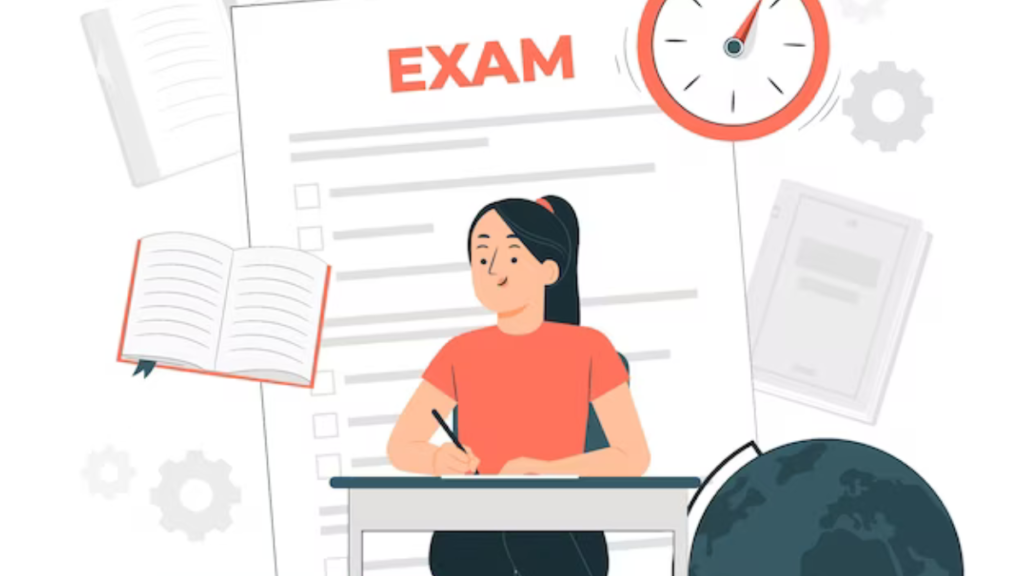Requirements and Eligibility for the PMP Exam
To begin your PMP exam journey, you must first meet the eligibility requirements set by the Project Management Institute (PMI). The basic criteria include a secondary degree (high school diploma or equivalent) with at least 5 years of project management experience, or a four-year degree with at least 3 years of project management experience. This ensures that candidates have practical knowledge and hands-on experience in managing projects.
In addition to the required education and experience, you will also need to accumulate a specific number of hours spent leading and directing projects. PMI requires a minimum of 35 contact hours of formal project management education. These can be obtained through various training programs, such as online courses or in-person workshops offered by registered education providers.
Once you have met these eligibility requirements, it’s time to submit your application for the PMP exam. The application process involves providing detailed information about your education background, work experience, and contact hours earned from project management training. It is crucial to provide accurate information and ensure that all supporting documents are submitted correctly.
Practice Exams and Mock Tests
One of the most crucial steps in preparing for the PMP exam is to take practice exams and mock tests. These tools not only help you assess your knowledge but also familiarize you with the format and types of questions that may appear on the actual exam.
By taking practice exams, you can identify areas where you need to improve and focus your study efforts accordingly. These exams simulate real test conditions, allowing you to gauge your performance under time pressure. Additionally, they enable you to get accustomed to the language used in PMP questions and understand how to interpret them accurately.
Mock tests are particularly useful as they replicate the entire exam experience from start to finish. They provide a comprehensive overview of all knowledge areas covered in the PMP syllabus and allow you to evaluate your readiness for the actual test.
Test Day Preparation and Strategies
On the day of your PMP exam, it’s crucial to be well-prepared and have a clear strategy in mind. Here are some tips to help you make the most of test day.
Ensure you get a good night’s sleep the night before. A rested mind is essential for optimal performance. Wake up early enough to give yourself time for a healthy breakfast and to gather all necessary items such as identification documents and stationery.
Before leaving home, take a moment to center yourself with deep breaths or meditation. Visualize success and maintain a positive mindset throughout the day.
When you arrive at the testing center, familiarize yourself with the surroundings. Take note of important locations such as restrooms or water fountains so that you can access them easily if needed during breaks.
During the exam, manage your time effectively by setting milestones for each section. This will help prevent rushing towards the end or spending too much time on difficult questions at the expense of easier ones.
Read each question carefully and eliminate obviously incorrect options before making your selection. If unsure about an answer, mark it for review later instead of wasting valuable time pondering excessively.
Remember to stay calm and focused throughout the entire exam process. Don’t let stress or anxiety hinder your ability to think clearly. Trust in your preparation and believe in yourself!
By following these test day preparation strategies, you’ll increase your chances of success on the PMP exam!
Common Mistakes to Avoid
When it comes to the PMP exam, there are certain common mistakes that many candidates make. By being aware of these pitfalls and avoiding them, you can greatly increase your chances of success.
One mistake that aspirants often commit is underestimating the importance of thoroughly understanding the PMBOK Guide. This guide serves as the foundation for the exam questions, so neglecting it can be detrimental to your performance. Another mistake is not practicing enough with sample exams and mock tests. These practice sessions help familiarize you with the format and style of questions that will be asked on the actual exam.
Furthermore, rushing through questions without reading them carefully is another mistake to avoid. Take your time to understand what each question is asking before providing an answer. Similarly, don’t spend too much time on a single question; if you’re unsure about an answer, mark it for review and move on.
Conclusion







